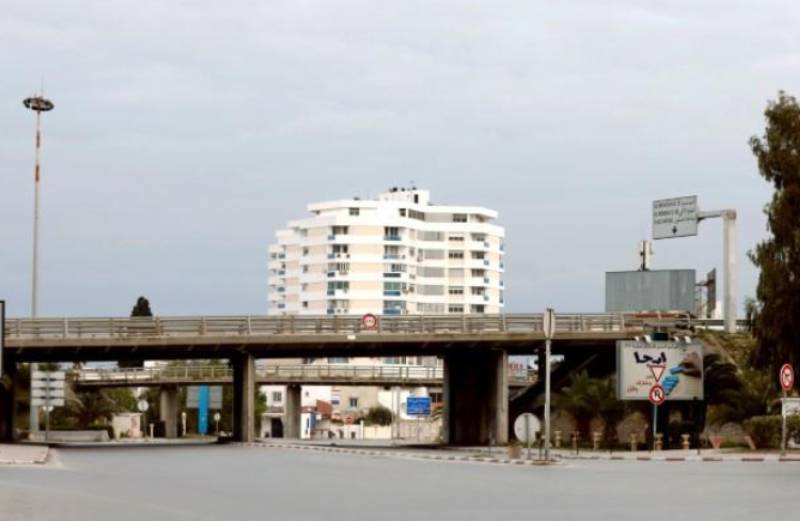×
The Standard e-Paper
Stay Informed, Even Offline

The only sounds at dusk on Wednesday as Tunisia’s first night of a curfew against coronavirus kept traffic from the streets were barking dogs and, faintly in the wind above the scent of orange blossom, Koranic recitations from a mosque.
Police have set up some checkpoints on highways and the army will also be deployed for two weeks to stop people leaving their homes between 6 p.m. and 6 a.m., except for security and emergency personnel or those seeking urgent medical assistance.